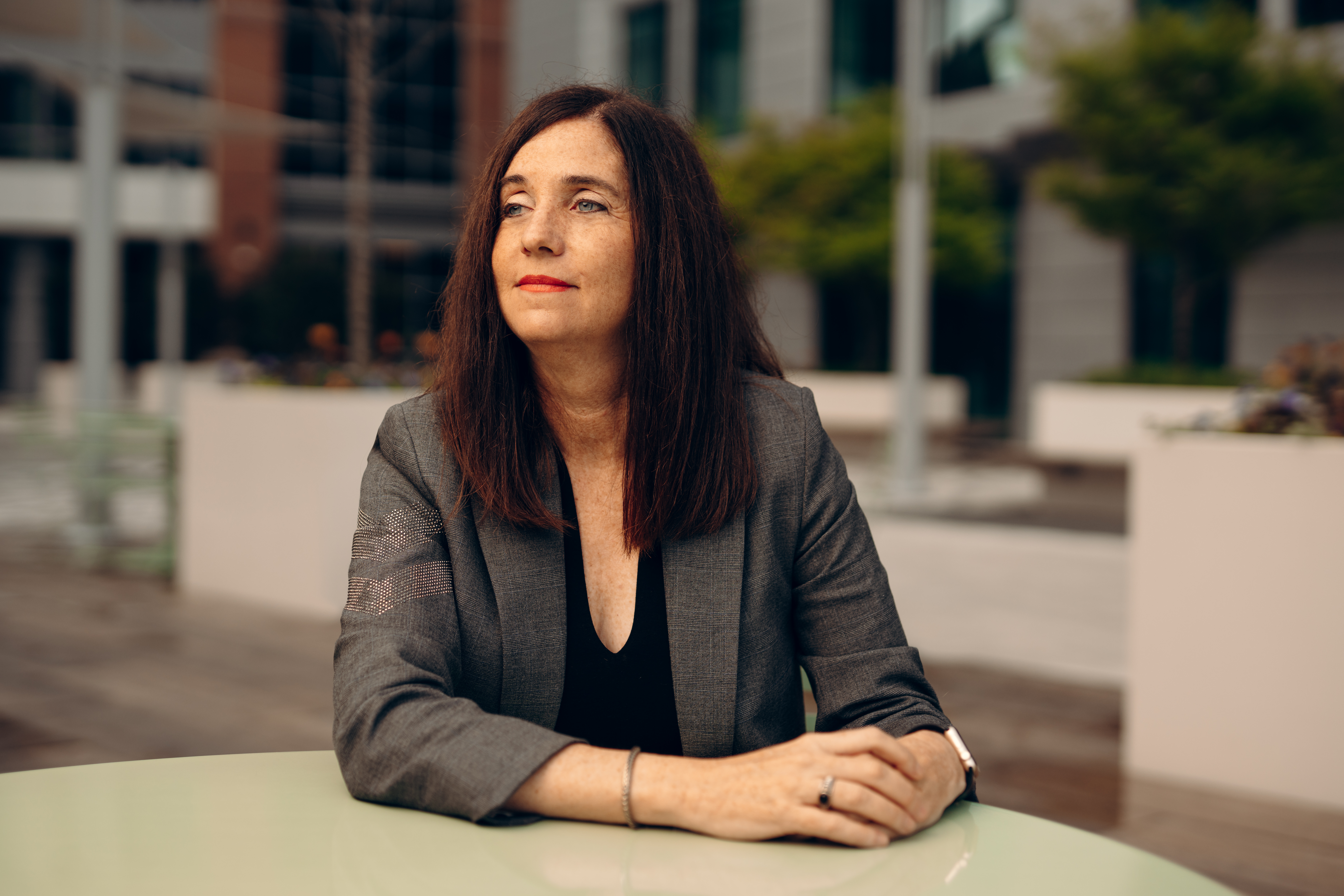Through skillsgapp games, Gen Z players learn about career opportunities and build skills that have been sorely missing in the talent pipeline for lucrative jobs in manufacturing, cybersecurity, life science and more. By jumping into innovation way outside of their industry, Jenkins and Zwolinski are adding a story that’s been sorely missing from the gaming entrepreneur narrative.
The team at ZWO had come to realize marketing wasn’t enough to help their clients connect with the young workforce they were trying to lure. But in brainstorming the solution, Zwolinski ended up rethinking her entire business. She’d decided to fold up ZWO and pivot to gaming full-time.
But first, Zwolinski had some ‘splaining to do. Coworkers, clients, friends and family would have questions. Now, three years later, she shares with GVLinnovates exactly how she conducted those tough conversations.

One of your first tough conversations was with your ZWO business partner, Cynthia Jenkins. What were you expecting?
I wasn't fully expecting her to join in because it was something so different. In that conversation, I've already worked it out in my mind, come to terms with the scariness of it. She’s not at that point yet. I’d talked about the idea but she's hearing it now like, “Oh, Tina’s serious.” So, then she has to work through it.
Some friends challenged me, asking why I needed to have somebody else on board. But I know her work ethic, what she would bring to this, and what I can’t bring. Plus, it is so much more fun to do something with somebody else. There are days when you need to vent, but not to a whole team. There's something about when you're down, your partner is up; when they're down, you're up. It’s awesome to have.
What was the next tough conversation?
Now we have to have the conversation with the team, because it's their careers.
It’s always been about culture for us, transparency with our team and developing the team. So, we had those good relationships in place. Also, we had already been having conversations about this need as they did the work for our clients.
How did you handle the team conversation?
It was June 2019. We were in outdoor seating at Smoke on the Water. We all had a glass of wine at the table. And some tears.
I just said, you guys have heard me talk about this while you’ve worked with these clients. Here's what I'm thinking of doing, and here's what it means. We're going to take the next six months to keep working with existing clients so everyone feels good, get them into other people's hands, and give you all time to find jobs.
And we admitted we didn’t know what was going to happen with this. We could fall flat on our faces, but we'd always love for some of them to come back or continue working on this. One of the designers still works with us today.
How did you talk with your clients?
I was fearful. How do I even approach it? How do I say, “I'm going to go do something that we don't even know fully anything about.” Should I tell them we’re going to try this? But that wasn't full transparency. And we've always been about that. It was really hard. It was awful for a while.
There was a little bit of pride and humility in those conversations. Talking to clients was the most humbling. But the second client I talked with was like, “Of course that's what you should do.”
They were supportive; many of them had become friends over the years. Even to this day, I love that former clients reach out for advice about their business and marketing. They’re also just cheering me on, like, “How's it going? Do you need a resource? What can I do?”
But at first it was a very uncomfortable six months, the most uncomfortable time of my life, even more than when starting the first business. It still does feel a little bit uncomfortable.
What about your own internal conversation? What did you need to tell yourself?
When I look back, I always had a father that said, you can do whatever you want with the right questions answered. The idea of failure with skillsgapp was okay, but the excitement of really learning new things was there. It's so fun to be excited about things again, like, I don't know how you push a product through the app store. All that research was just so fun. How do we solve this in a really unique way? That was what made me dive in.
You considered making your pivot sound less risky. Why didn’t you do that?
I found that the accountability from saying it fully as it was, in all the conversations with those same people over the next year, really helped to keep it pushing forward. I knew when I had lunch with this friend that they were going to ask, and I was going to give an honest answer.
I wouldn't change that decision, because I think I would have relied on that fear a little more and delayed doing what we did. It's when you tell people the truth that you're on the hook.
